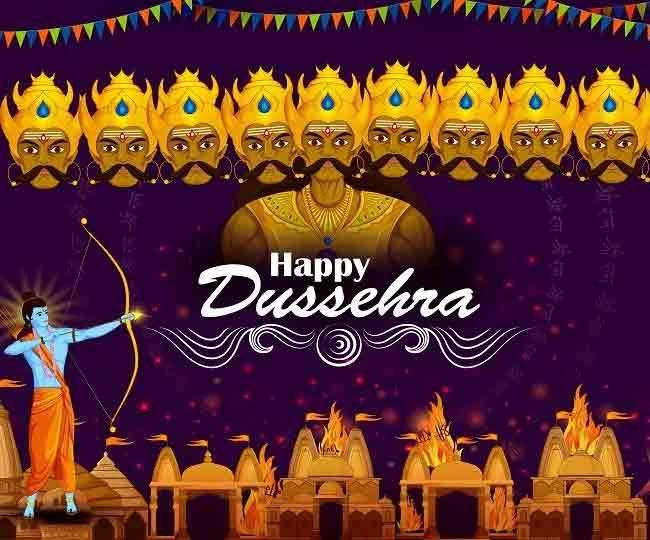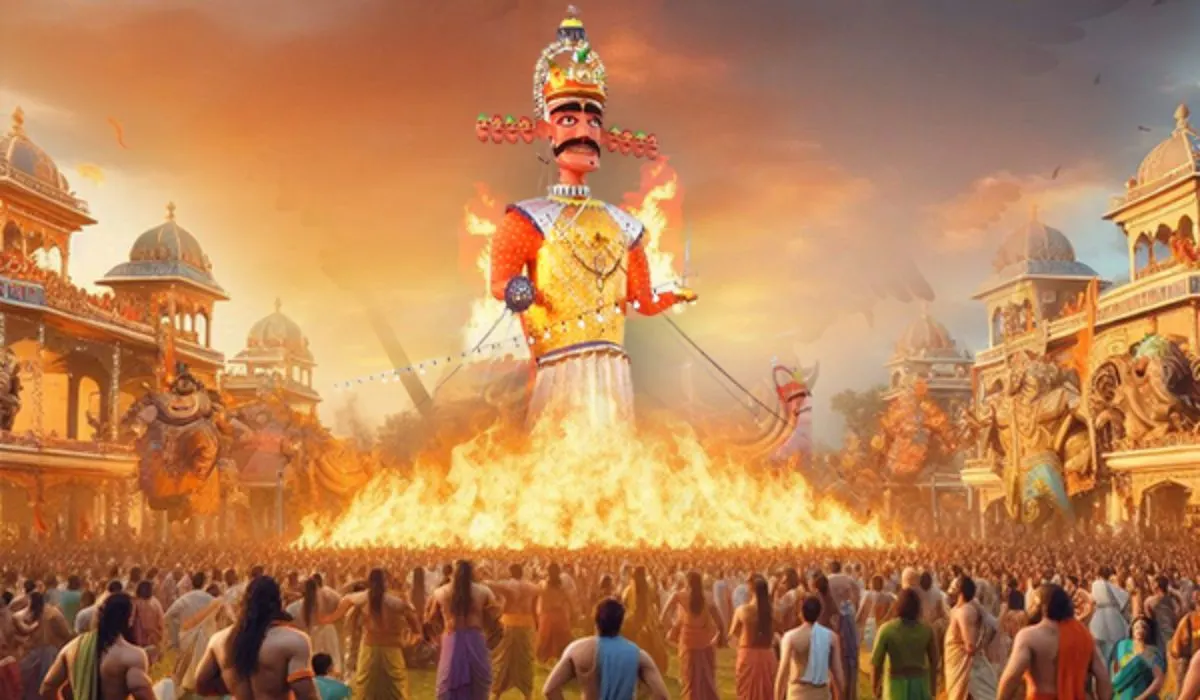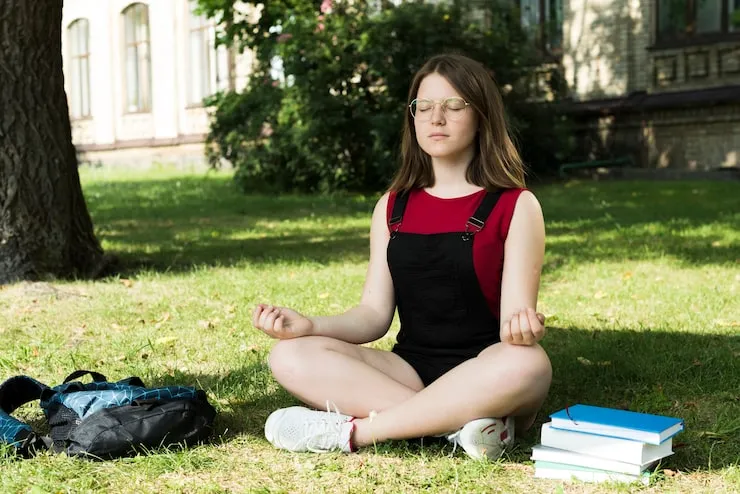Dussehra is a festival I have liked all my life. As I watch the magnificent Ravana effigies being lit up and the thunderous shouts of triumph each year, I get a kind of energy I cannot describe. But have you ever wondered why this is so special of a festival? Why do we celebrate it? How is Dussehra science and what are some of the values of Dussehra? Why does it matter today?
I will discuss my experiences, professional opinions and insights in this blog to make you grasp the meaning of Dussehra Explained: Science, Victory and Values in the most basic manner ever.
What Is Dussehra and Why Do We Have It?
Dussehra or Vijayadashami, is the day of the victory of good over evil. Lord Rama fought the demon king Ravana and saved Sita in the Ramayana restoring dharma. To me it is not just a festival, it is a reminder that the truth, courage and kindness will always prevail however difficult the war may appear.

What is Dussehra and Why? Science, Victory and Values.
After I began to study the Dussehra in detail, I realized that this festival has scientific, cultural, and psychological significance.
The Science Behind Dussehra Celebrations
It is symbolic to burn the effigy of Ravana, but there is also science. Conventionally, this occurs when there is a change of season, that is, between the monsoon and the winter. The fire was thought to kill poisonous insects and germs with the smoke. The body becomes more resilient to weather changes when special foods like til laddus and sweets are consumed during Dussehra.
Why Dussehra Represents Victory
I have always thought of Dussehra as more than Rama overpowering Ravana. It is, to me, a matter of personal triumph -- of overcoming laziness, and fear, and anger, self-doubt.
And here is how we can relate it to real life:
- His 10 heads symbolize ego, anger, greed, jealousy, lust, attachment, hatred, fear, pride and injustice.
- The act of burning Ravana is a way of destroying such negative qualities in us.
Hint: This Dussehra, write a list of what you call your inner demons and resolve to conquer at least one of them.
Dussehra Values Which Do Matter Today.
Although the story is thousands of years old, its values are eternal:
- The truth has it — Lies might flatter themselves be strong, But will not long endure.
- Bravery is a must--Rama wrestled against everything.
- Together battles are won — Rama could not win without Hanuman, Lakshmana, and the Vanara Sena.
I once went to Dussehra in Varanasi and all people of various classes united there. The fact that strangers smiled and shared food and celebrated made me realize what it really meant by being together and winning.
Read more:- Navratri Nights and Garba Dance Celebrations in Mumbai
The Indian Dussehra.
Dussehra Explained: Science, Victory and Values is beautiful because of its differences. It is celebrated differently in every state:
Northern India — Ravana Dahan
Massive effigies of Ravana, Meghnath, and Kumbhkaran are burned in Delhi and Uttar Pradesh, followed by fireworks.
Western India — Fairs and Folk Dances
During Navratri before Dussehra, people in Gujarat hold Garba and Dandiya.
Southern India — Mysore Dasara
The royal Mysore Dussehra procession is the most famous in the world and distinguished by decorated elephants and music.
Eastern India — Durga Puja Farewell
In West Bengal, the goddess is returned to her celestial home by disposing of Durga idols in rivers.
The Psychology Behind Dussehra
One article that I read addressed the impact of symbolic celebrations on the human mind. People who observe Ravana burning feel mentally cleansed and get to forget negativity. Psychologists refer to it as collective catharsis - the sharing of fears and anger by a group of people brings about emotional healing.
Lessons Dussehra Teaches Us
Dussehra is not only about the victory of Rama but our daily struggles:
- Face challenges with courage.
- Do what is right even in tough times.
- Think that good will prevail.
These are what I have put into practice in my life. One time, I had a difficult choice I needed to make in life at work, and I recalled what Dussehra had said, that the truth and patience always win. That idea helped empower me.
Fun Facts About Dussehra
- Dussehra is the last day of the Navratri and the first day of Diwali.
- In other places this day is celebrated by worshiping weapons and tools.
- It is among the limited number of festivals that are observed in India, Nepal, Sri Lanka, and Indonesia.
Conclusion
Dussehra is about our own journey, not just about Ravana's defeat. It is a perfect combination of science, victory, and values and is considered one of the most significant festivals in India.
With each year, the fireworks remind me:
- It is the true victory of conquering our weaknesses and fears.
- This Dussehra, we will not only burn the effigy but the negativity in us as well. That is when the festival really lives.
FAQs on Dussehra
Q1. Why do we celebrate Dussehra?
In the spirit of good triumphing over evil—in this case, Lord Rama defeating Ravana—we celebrate Dussehra.
Q2. Why was Ravana burned? What is the scientific reason?
It represents the killing of the negativity as well as purifying the environment as the seasons are changing.
Q3. What does Dussehra have to do with values?
Dussehra Explained: Science, Victory and Values makes us understand that truth, courage and kindness always prevails.
Q4. What do different states do on Dussehra?
States in the north light effigies, others in the south organize royal processions, and others in the east have immersions of Durga Puja.













